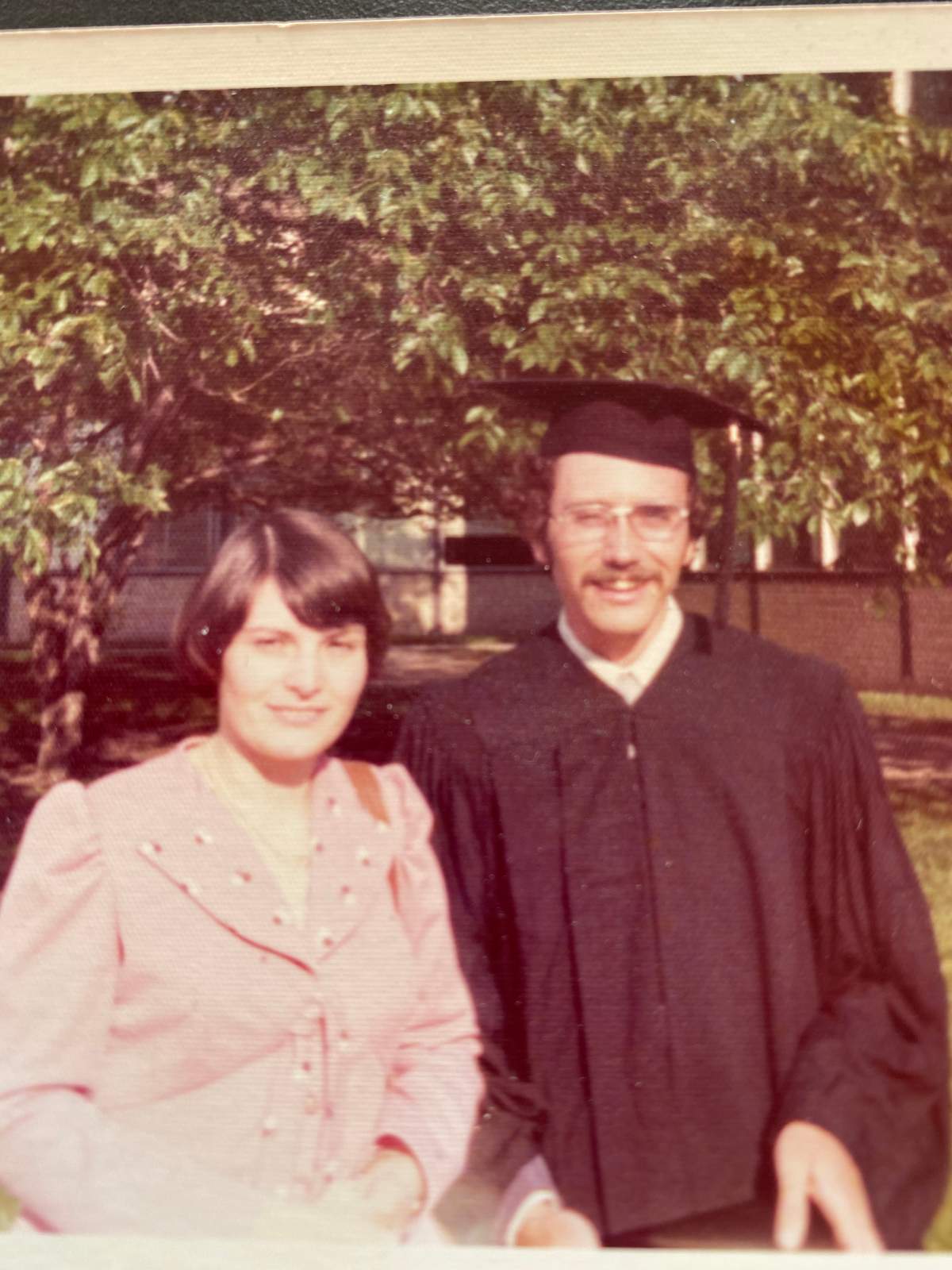The federal government is expected to announce next week that it will ease border restrictions that were preventing Canadians from seeing family members and loved ones that are foreign nationals living in another country.

Canada shut its borders in March as part of a series of measures to control the spread of COVID-19, allowing only Canadians and landed immigrants into the country as well as those foreign nationals, such as truck drivers and health-care workers, deemed as essential workers.
But the government did make an exception that allowed “immediate family” members of Canadian citizens who are foreign nationals to enter the country, so long as they were healthy enough to travel and would observe the 14-day quarantine rule on their arrival.
But the federal government’s definition of “immediate family” is too restrictive, says a group called Faces of Advocacy, which held a virtual rally Saturday where MPs from all parties, including from the governing Liberals, spoke in favour of broadening that definition to allow more Canadians to unite with families and loved ones.
“I don’t know understand why this is taking so long,” NDP MP Heather McPherson (Edmonton-Strathcona) told 200 or so who logged in on YouTube to participate in the online rally. “We know we can do this safely. We know that we can relieve such stress, such anguish, such difficulties for people.”
Nate Erskine-Smith, the Liberal MP for Beaches-East York, told the online rally that while he had not been told how the government will change the rules, he said he had been told that a rule change will be announced in the week ahead.
“There are obvious compassionate cases that could have been fixed many, many, many weeks ago,” Erskine-Smith said.
The rule changes, if they happen, will be too late for John McCall and his family.
McCall, an American citizen, met his wife Donna, a Canadian, more than 30 years ago. They worked for a time near Chicago. He was an architect, she was a nurse.
Their children, Ian and Meghan, were born while they were in Chicago and they became American citizens like their dad even though they had the right to take up the Canadian citizenship of their mom.

Get daily National news
Citizenship, though, was never an issue. Like thousands of other families that are made up of both Canadians and Americans, the McCalls travelled easily and often over the world’s longest undefended border to visit family on both sides. Even though John McCall is an American, he has plenty of family roots in the Peterborough, Ont., area.
But in March, when the Canadian government shut the border, John and Donna were on the Canadian side at the property they planned to retire to on Moira Lake. The kids, both of them adults with their own spouses by now, were on the American side of the border.
In February, just as the coronavirus pandemic hit, Donna became ill with a serious liver disease. She would require a liver transplant and, while they waited for one, frequent dialysis sessions. The burden of being Donna’s sole caregiver was taking its toll on John and he hoped his children could help.
But the Canadian border rules prevented the American kids from being able to help their Canadian mom.

The family petitioned the federal government for an exemption, appealing to Prime Minister Justin Trudeau, Health Minister Patty Hajdu and Public Safety Minister Bill Blair. Eventually, they were told their best strategy would be to have the children apply for Canadian citizenship, a birthright they were guaranteed by virtue of Donna’s Canadian citizenship. They rushed to get the required paperwork through the department of Immigration, Refugees and Citizenship.
In the meantime, Donna’s health deteriorated and, in hospital in early August, the decision was made to take her off life support.
“I called the kids and I held the phone up and they said goodbye. It was tough,” John McCall said in an interview Saturday, his voice thick with tears. “I don’t want this to happen to anybody else. It’s a tragedy that shouldn’t have happened.”
Donna died on Aug. 10. The paperwork granting her children Canadian citizenship came through on Aug. 17. All they could use it for by that point was to travel to Canada and, after remaining in quarantine for 14 days, participate in a memorial service for their mother.
In her obituary, Donna was eulogized by former colleagues as a nurse who taught others about the power of compassion.
“She taught them how to be a compassionate nurse,” said John McCall. “And then for her to be treated with so little compassion by this government. It’s very hard to take.”
McCall was the featured speaker Saturday at the online rally organized by Faces of Advocacy where he, too, added his voice and his family’s experience to the need for change.
“Every minute that it’s delayed is a minute that some family is going without being together at a critical time and that those minutes might not be there.”











Comments
Want to discuss? Please read our Commenting Policy first.